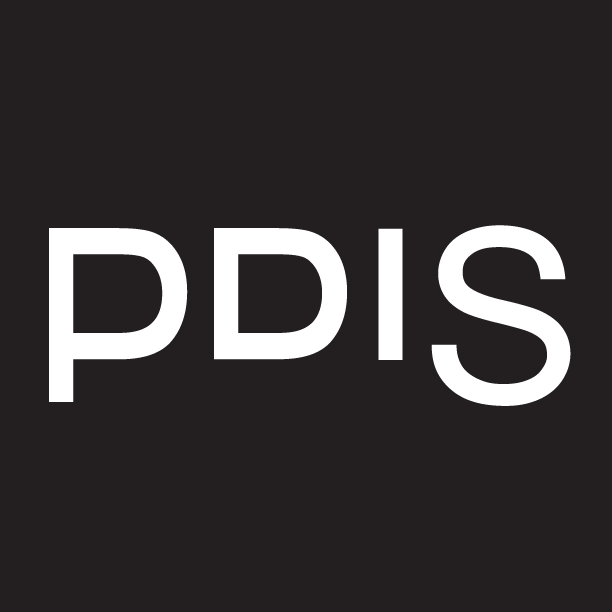Make referendums more inclusive
Incorporate diverse voices, so that the needs of a few people can also be perceived.
A few days ago, my office received a proposal from the election meeting. They hope that Aboriginal, new residents and people with disabilities can obtain information about the referendum through more diverse channels. After several discussions and preparatory meetings, the China National Election Committee, together with the Aboriginal Association, the Immigration Department of the Ministry of the Interior, and the Social Welfare Department of the Ministry of Health and Welfare, took stock and prepared a collaborative meeting of “inclusiveness” - let everyone Get up and ask for a solution to the problem.
At the beginning of the meeting, a hearing-impaired friend raised his hand to speak in the silence: “The referendum is unclear even on the title, and the double-negative language is very confusing for the hearing-impaired.” With the help of sign language and the assisted translation of the sign language teacher, the hearing-impaired friends gave them their challenges and needs very accurately.
After her expression, other friends who participated in the meeting also gathered up their courage to talk freely at the meeting, and put forward their views and suggestions on optimizing the multiple channels of the referendum. For example, a visually impaired friend who attended the meeting pointed out that “voice instructions are more effective than written instructions”.
And this opinion has been recognized and extended by the representatives of the aboriginal people: “The elders of the aborigines may not understand the Roman alphabet of the ethnic language, and it is more effective to spread information through radio and television.” Another intelligent person who participated in the meeting Handicapped youth proposed a “mock vote” to allow many ethnic friends who are not good at reading to learn about the referendum in a better and more interactive way. This opinion was also seconded by everyone present.
In the group discussion, Lide, the small table leader who led the discussion, prepared a topic card based on his own experience in contacting people with disabilities, and collected everyone’s opinions in an orderly manner. And with a slightly slower speech rate and the assistance of topic cards, everyone in the group can understand the topic being discussed at the same time. Although the group he leads includes friends who are visually impaired, hearing impaired, and intellectually impaired, he creates a relaxed atmosphere at a pace that is acceptable to everyone, so that everyone’s laughter can be incorporated into the active discussion process from time to time. .
After the collaboration session, we interviewed several of the day’s attendees. A hearing-impaired friend said to us, “The easy-to-read version of the text of the referendum, in fact, we have responded to the election committee before, but they only said that there are difficulties, and we still don’t know where the real difficulties are. Today, a colleague from the election meeting personally explained that everyone sits and chats like friends. We are not just criticizing the supervision, but hearing the real difficulties of the election meeting. I think this is very good. We know where the difficulties of the government are. “
And another indigenous representative also said to us: “Today, many ethnic groups have been invited. Although they have different needs, they have something in common. I used to think that the indigenous population was small, and the policy might not be able to meet the needs of our few.” But hearing that everyone has common needs today confirms that these needs are important.”
Policy-making is not the right of the majority. Incorporate diverse voices, so that the needs of a few people can also be perceived. Through experience sharing, we can empathize and consider each other’s situation, and then understand each other, and move towards a multi-innovative public policy.
 (This work is licensed under a Creative Commons Attribution 4.0 International License.)
(This work is licensed under a Creative Commons Attribution 4.0 International License.)
 Hao-Ting Chang
Hao-Ting Chang